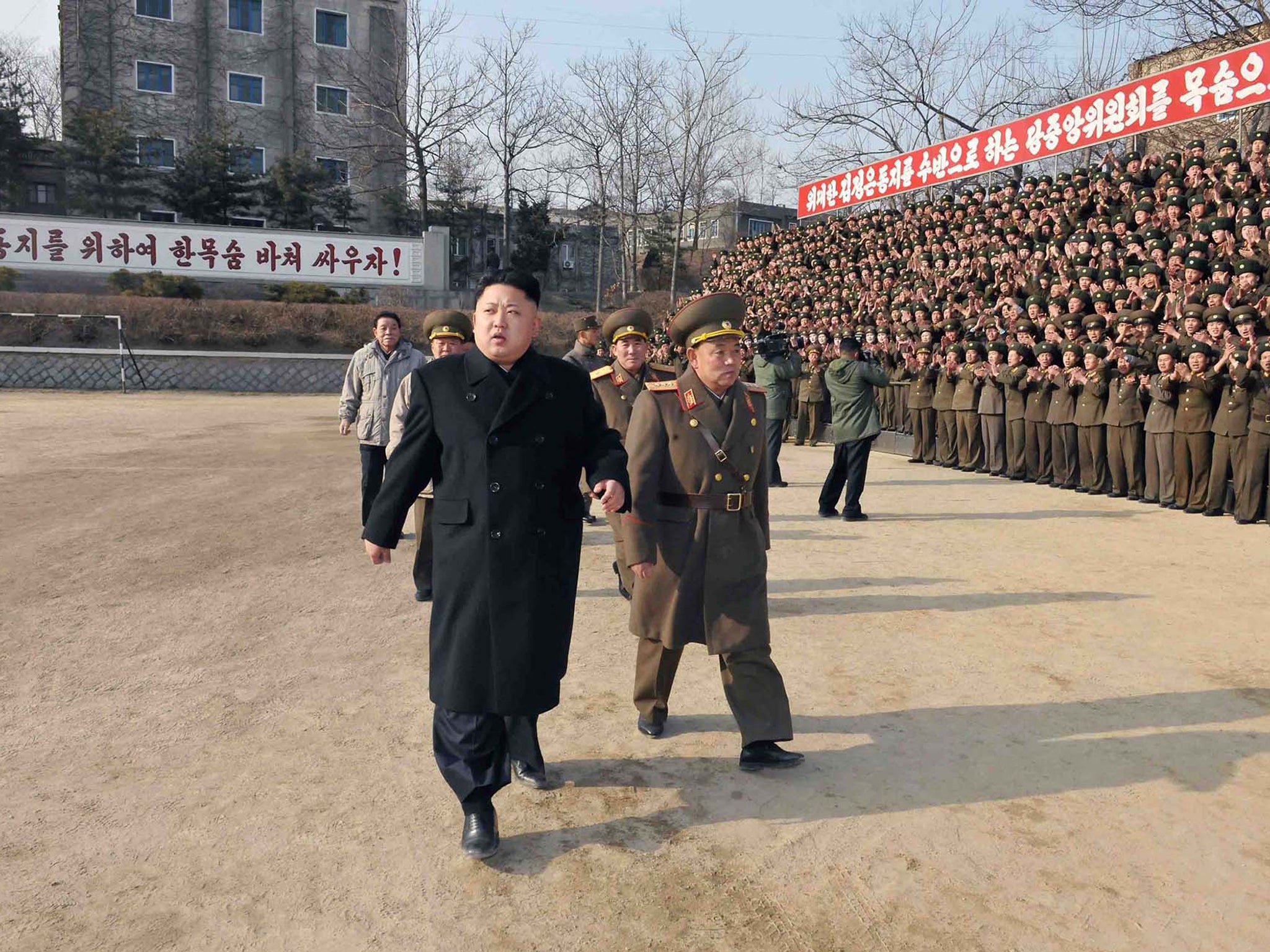North Korea threatens 'powerful measures' against US missile defence system in South Korea
Pyongyang claims it will turn Seoul into a 'sea of fire' but direct action appears unlikely

North Korea has made more threats against its enemies, vowing to take unspecified "powerful" measures over a US plan to deploy an advanced missile defence system in South Korea.
A statement issued by the North Korean military was filled with the belligerent, over-the-top rhetoric common when Pyongyang sees an external threat.
However, a direct military attack from Pyongyang's large but impoverished military, which would probably finish the country's authoritarian leadership after US and South Korean retaliation, is highly unlikely.
North Korea favours covert, surprise attacks such as the 2010 shelling of a South Korean island in which four people were killed, and Seoul has accused it of carrying out a spate of cyberattacks.
The North's most recent threat, carried in state media, came three days after Seoul and Washington said they were close to determining a location in South Korea for the Terminal High-Altitude Area Defence (Thaad) system to better deal with North Korean threats.
The North said it will take an unspecified "physical counter-action" as soon as the Thaad location is announced.
The statement also carried one of the North's favourite, oft-repeated threats: to turn Seoul into a "sea of fire".
It has been regularly warning it will do that since 1994.

US and South Korean officials say Thaad only targets North Korea, but China and Russia suspect it could also help US radars detect their own missiles.
South Korea's President Park Geun-hye said on Monday that she agreed to the US missile deployment because North Korea has openly threatened to launch nuclear and missile attacks on South Korea.
The two Koreas have been divided along the world's most heavily fortified border since the 1950-53 Korean War. The United States stations about 28,500 soldiers in South Korea.
AP
Join our commenting forum
Join thought-provoking conversations, follow other Independent readers and see their replies
Comments
Bookmark popover
Removed from bookmarks